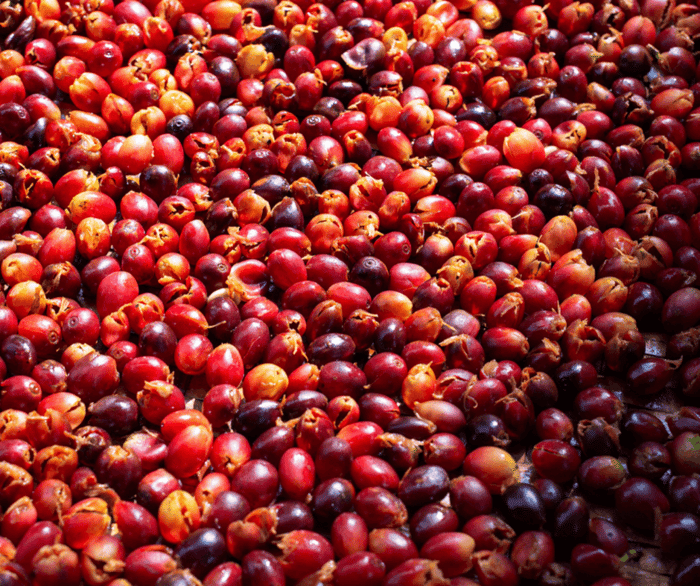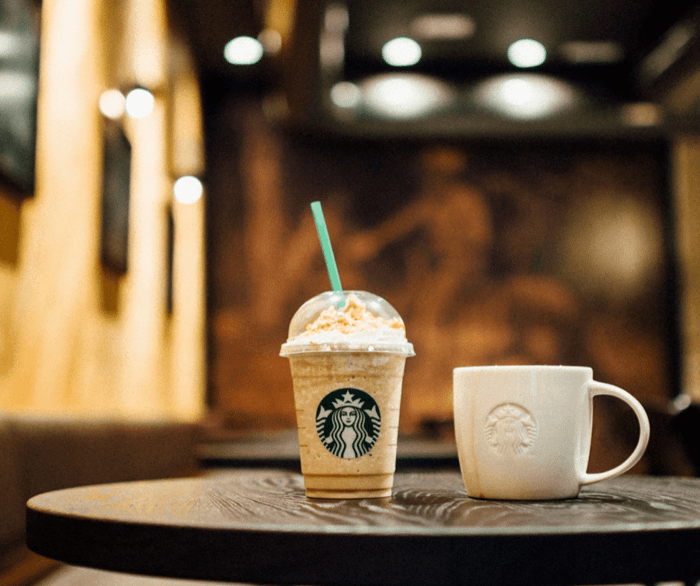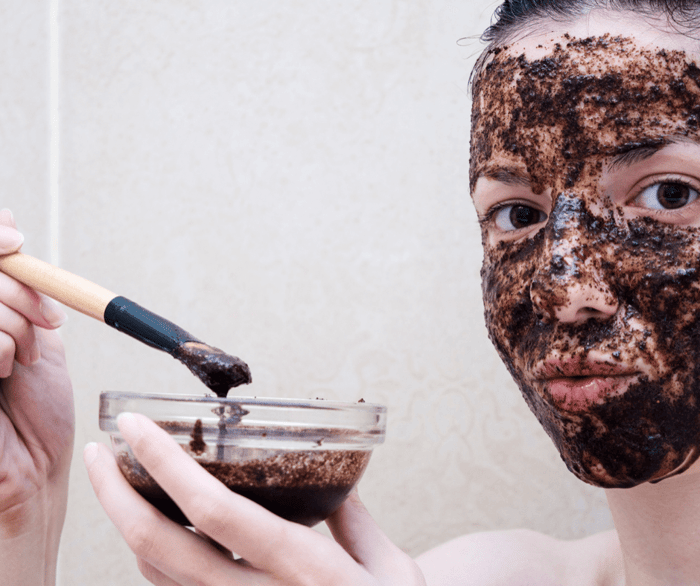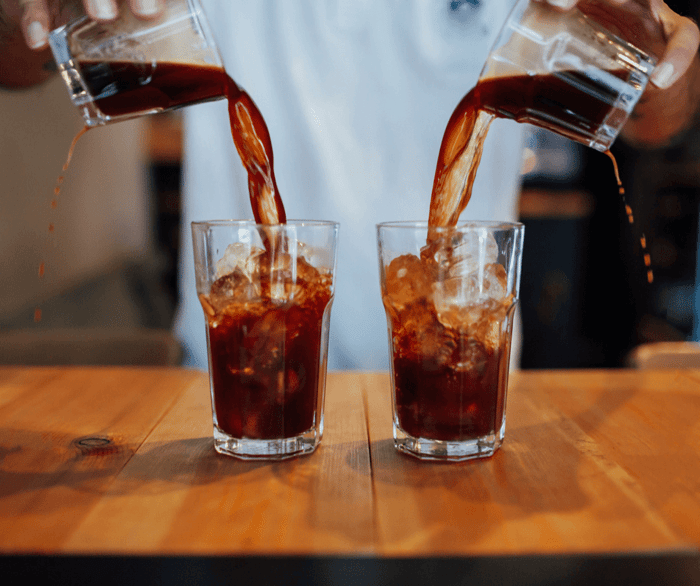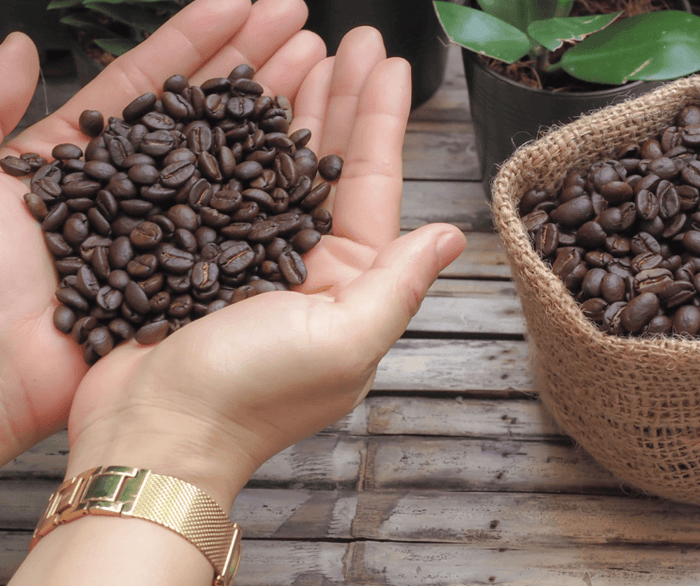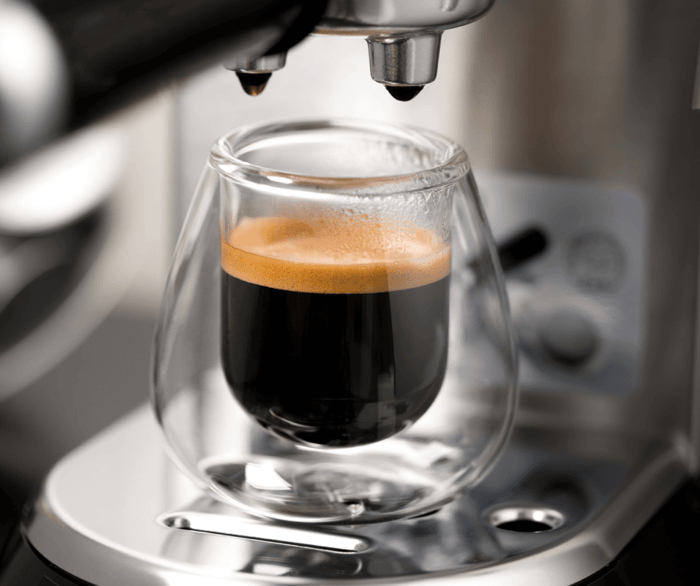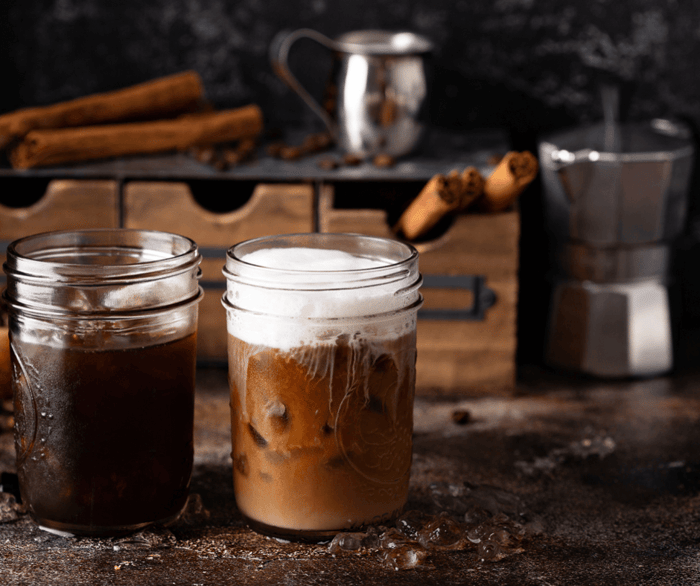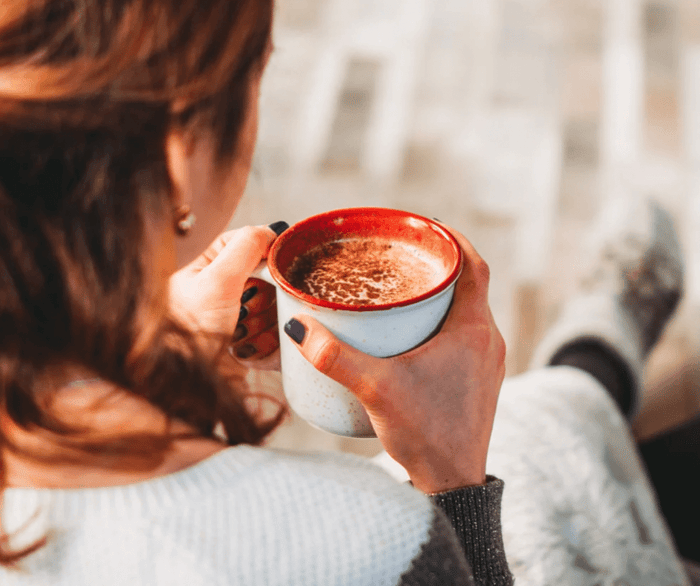Is it coffee? Or is it tea?
In recent years, this trendy drink has become all the rage in some coffee circles—and while some of these "new"* coffee fads end up being passing ones, there are others that manage to make a lasting impression and become staples.
*Note: Cascara, the drink, isn't exactly a new thing; it's been around for centuries. But over the last decade, we’re starting to see it become a mainstream menu item in coffee shops here in the West.
Cascara is one of those rare coffee fads that has had some staying power, and become popular among coffee and tea drinkers all over the world.
But what's all the fuss about?
Is it deserved?
What is it?!
Let’s start with the basics.
What is Cascara?
Cascara is the Spanish word for "husk" or "shell". In coffee terms, it refers to the dried skins of coffee cherries.
Cascara the beverage, also known as "coffee cherry tea," is made from the dried skins of coffee cherries. Coffee cherries are the fruit that encase the coffee bean.
Once the coffee bean is removed, the coffee cherry is usually discarded. However, as cascara has become more popular over the last decade or so, some coffee farmers and roasters have started to realize the value in these coffee cherries, and have started to save them for cascara brewing.
To make cascara, the coffee cherries are dried and then brewed in hot water, just like regular tea. The resulting beverage is a dark, rich, and flavorful tea with notes of coffee, fruit, and spice.
So is it Coffee or Tea?
Well, that's the real question, isn't it?
Cascara is made from coffee cherries, so in that sense, it is coffee... technically.
Case closed, right? Well, cascara doesn't contain any actual coffee beans, and it definitely doesn't taste like coffee. So some people argue that it's closer to a tea.
Nevertheless, even if we call cascara a tea, it isn't. All true teas come from the Camellia sinensis plant, while cascara comes from the coffee plant.
This means that, even though it shares some similarities with tea, it is still its own unique beverage. It's sort of a combination of both coffee and tea, in a way. At the end of the day, it's up to you to decide what you want to call cascara. (Personally, I just call it cascara.)
What Does Cascara Taste Like?
Cascara can have a variety of different flavors depending on how it's made. Generally speaking, though, it has a sweet, fruity taste with hints of floral and herbal flavors. It's more akin to an herbal tea than coffee, which tends to throw people off at first when they're expecting something coffee-like. (Some places also refer to it as cascara coffee, which doesn't help.)
Just like coffee beans, cascara from different regions can also taste different due to factors like climate, soil, elevation, and so on.
In general, though, people tend to liken the flavor profile of cascara to sweet red fruits, like cherries, red currants, and raspberries. Others say cascara has hibiscus, rose hip, or even tobacco notes. (Based on the cascara I've tried personally, I can confirm that it had detectable hibiscus and tobacco notes.)
Some people also compare cascara to a cross between black tea and cherry juice, which I think is about as accurate a way to describe it as you'll find. Which is not to say it's super accurate—just that it's a helpful way to start thinking about the flavor profile if you've never had cascara before.
How To Make Cascara
Cascara can be made into a hot or cold beverage. When made into a hot beverage, it has a similar consistency to coffee. When made into a cold beverage, it has a similar consistency to iced tea.
Here's a super quick and easy recipe for making cascara:
Ingredients:
- 1/4 cup of Dried Cascara
- 1 1/2 cups of Water
- Honey (or Sugar) to taste, optional
Instructions:
- Bring water to a boil.
- Remove water from heat, allowing it to cool for 30 seconds before the next step.
- Add cascara to tea strainer and steep for 4-5 minutes.
- (Optional) Add honey or sugar and enjoy!
Conclusion
Cascara is a unique, delicious beverage that is perfect for coffee and tea lovers alike who are looking for something new to try. If you're ever in a coffee shop and see cascara on the menu—possibly as “coffee cherry tea”—give it a shot and see what you think!
Just remember: even though it's made from coffee cherries, cascara doesn't contain any actual coffee beans. Despite this, it does have some caffeine, just not anywhere near as much as brewed coffee, or even black tea. (I mention this because I occasionally hear people in coffee shops spreading the myth that cascara contains "more concentrated" caffeine than coffee. Not true!)
So if you're looking for a caffeine fix, cascara isn't it. (Check out drink caffeine content) If concentrated caffeine is what you're after, here are some personal recommendations:
- Black Insomnia - The Strongest Coffee in the World - Need I say more?
- Super Irish Breakfast Black Tea - If tea is more your speed, Super Irish Breakfast is a blend of bold, high-caffeine black teas that will power you through your day.
Want More Coffee Content?
- Daily Coffee Grind - Click Here
- Coffee Reviews - Click Here
- Coffee Brewing Guides - Click Here
- Coffee Brewer Reviews - Click Here
- All Things Tea - Click Here
- How Much Caffeine Is In It? - Click Here

